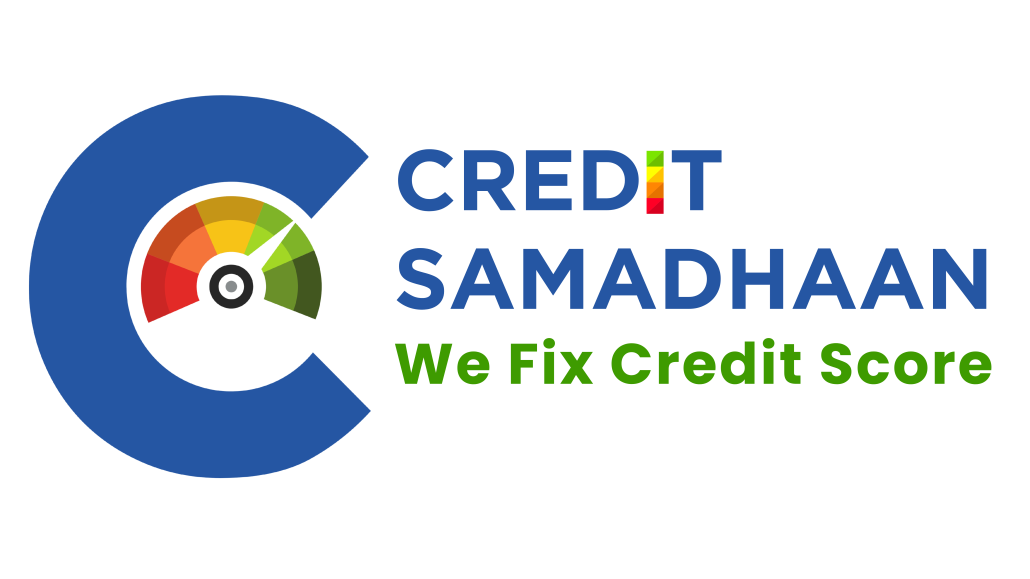When to Check Your CIBIL Score After Paying Off Debts
Introduction:
After paying off debts, it is crucial for individuals to keep track of their financial health by monitoring their CIBIL score. Your CIBIL score is a three-digit number that represents your creditworthiness based on your credit history. It plays a vital role in determining your eligibility for loans and credit cards. Maintaining a healthy CIBIL score is essential for accessing credit at favorable terms and interest rates. In this blog, we will discuss why it is important to check your CIBIL score after paying off debts, the benefits of doing so, and answer some frequently asked questions related to this topic.
Why Check Your CIBIL Score After Paying Off Debts:
1. Ensuring Accuracy: By checking your CIBIL score after paying off debts, you can ensure that all your debt repayments have been accurately reflected in your credit report. Any inaccuracies or discrepancies can be identified and rectified promptly.
2. Monitoring Improvement: Paying off debts can have a positive impact on your CIBIL score. Checking your score regularly allows you to track the improvement in your creditworthiness and identify areas where further action may be required.
3. Access to Credit: A good CIBIL score is essential for securing loans and credit cards. By staying informed about your score post debt repayment, you can increase your chances of obtaining credit facilities when needed.
4. Financial Planning: Your CIBIL score reflects your financial discipline and credit management skills. Monitoring your score after clearing debts can help you plan your financial future more effectively and make informed decisions regarding credit utilization.
Benefits of Checking Your CIBIL Score After Paying Off Debts:
1. Awareness: Checking your CIBIL score post debt repayment keeps you aware of your current credit standing and highlights any areas that need attention.
2. Early Detection of Issues: Regularly monitoring your CIBIL score allows you to identify any negative changes promptly and take corrective measures before they impact your creditworthiness significantly.
3. Improved Borrowing Options: A high CIBIL score opens up access to better borrowing options with lower interest rates and favorable terms. By checking your score, you can be proactive in maintaining or enhancing your credit rating.
4. Peace of Mind: Knowing where you stand financially can provide peace of mind and empower you to make sound financial decisions.
Frequently Asked Questions:
Q: How often should I check my CIBIL score after paying off debts?
A: It is recommended to check your CIBIL score at least once every six months to ensure that it remains healthy.
Q: Can paying off debts negatively impact my CIBIL score?
A: While paying off debts is generally positive for your CIBIL score, certain factors such as missed payments or defaults in the past can still have a lingering effect.
Q: Is it necessary to check my CIBIL score if I don’t plan to borrow in the near future?
A: Yes, monitoring your CIBIL score even when not actively seeking credit is important as it reflects your overall financial health and can be crucial in unforeseen circumstances.
Q: How long does it take for my CIBIL score to reflect the impact of paying off debts?
A: Your CIBIL score may take a few weeks to a month to reflect the positive impact of debt repayment. Patience is key in this process.
Ensuring that you regularly check your CIBIL score post paying off debts is essential for maintaining your financial well-being and making informed decisions. By staying informed about your credit standing, you can take proactive steps to safeguard your financial future.


